Liking Those Who Share And Validate Our Attitudes Is Best Explained In Terms Of
Liking those who share and validate our attitudes is best explained in terms of. Despite growing interest in the beneficial effects of positive touch experiences throughout our lives and individual differences in how these experiences are perceived there is not yet available a contemporary self-report measure of touch experiences and attitudes for which the factor structure has been validated. This article describes four studies carried out during the construction and. Participants were 7076 school children aged 1015 years from large medium-sized and small cities and 44 children with anorexia nervosa.
Consensual validation. However the most common. The present study aimed to validate the Japanese version of the ChEAT-26.
B The participants paid 1 reported liking the task more than those paid 20. When your best friend or a family member makes a decision that you really dont think is wise validation is a way of supporting them and strengthening the relationship while maintaining a. Often our behavior attitudes and beliefs are affected when we experience a threat to our self-esteem or positive self-image.
By having convictions we make ourselves the enemies of those who oppose these convictions. D The participants paid 20 really liked the task but lied to researchers about their level of enjoyment. The 26-item Childrens Eating Attitudes Test ChEAT-26 is widely used internationally to assess abnormal eating attitudes.
Attitudes Are Evaluations When we say that attitudes are evaluations we mean that they involve a preference for or against the attitude object as commonly expressed in such terms as prefer like dislike hate and love. If you love jazz music meeting a. Reward Theory Liking those who share and validate our attitudes is best explained in terms of.
There are various problems that affect the validity of attitude scales. This validation study follows the approach proposed by Messick 1995 along with the American Educational Research Association AERA American Psychological Association APA and National Council on Measurement in Education NCME 2014 to validate our MG-CS Attitudes scale. Based on Messick an instrument should have gone through several.
B a reward theory. Attitudes Are Evaluations When we say that attitudes are evaluations we mean that they involve a preference for or against the attitude object as commonly expressed in terms such as prefer like dislike hate and love.
Psychologist Leon Festinger 1957 defined cognitive dissonance as psychological discomfort arising from holding two or more inconsistent attitudes behaviors or cognitions thoughts beliefs or opinions.
Meeting people who share our attitudes makes us feel more confident in our own attitudes about the world. A reward theory. B a reward theory. His romantic reaction is best explained in terms of. Attitudes Are Evaluations When we say that attitudes are evaluations we mean that they involve a preference for or against the attitude object as commonly expressed in terms such as prefer like dislike hate and love. Liking those who share and validate our attitudes is best explained in terms of A social exchange theory. Psychologist Leon Festinger 1957 defined cognitive dissonance as psychological discomfort arising from holding two or more inconsistent attitudes behaviors or cognitions thoughts beliefs or opinions. D The participants paid 20 really liked the task but lied to researchers about their level of enjoyment. Michelle and Janice are high school friends.
But lets be sure we agree on what we mean by terms like Friend Enemy Hatred or Love. D The participants paid 20 really liked the task but lied to researchers about their level of enjoyment. Attitudes Are Evaluations When we say that attitudes are evaluations we mean that they involve a preference for or against the attitude object as commonly expressed in such terms as prefer like dislike hate and love. Psychologist Leon Festinger 1957 defined cognitive dissonance as psychological discomfort arising from holding two or more inconsistent attitudes behaviors or cognitions thoughts beliefs or opinions. In psychology an attitude refers to a set of emotions beliefs and behaviors toward a particular object person thing or event. However the most common. Powerful considerations developed by Gottlob Frege in his 1892 suggest that words within the scope of a propositional attitude verb cannot function as they do outside those linguistic environments.










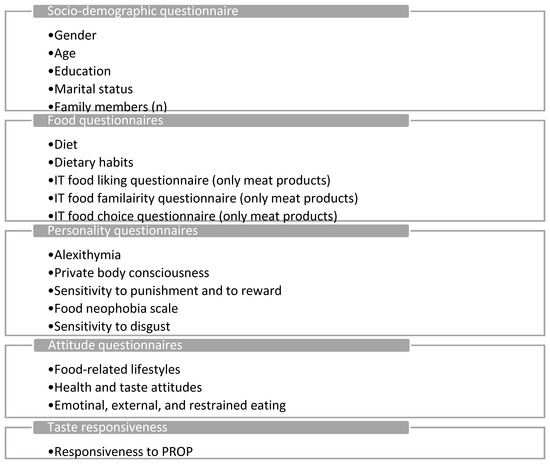
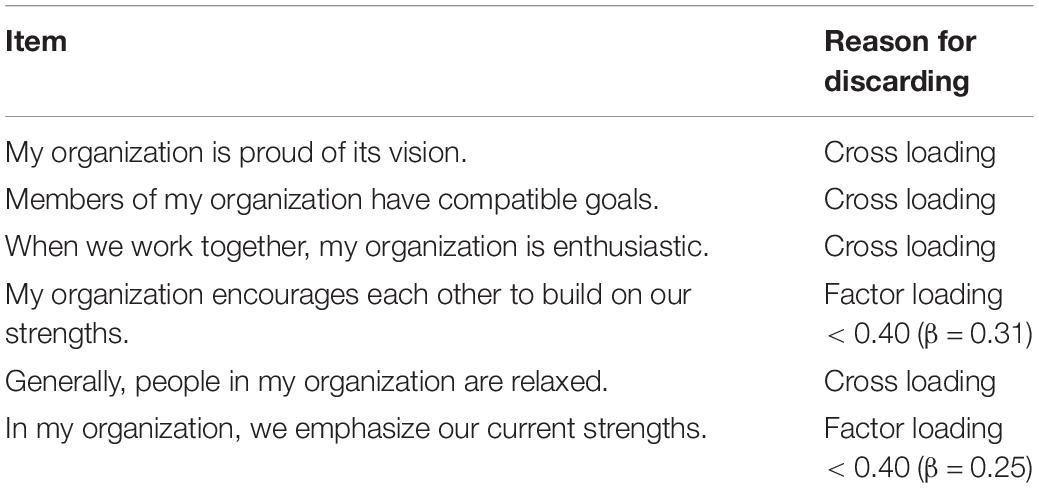
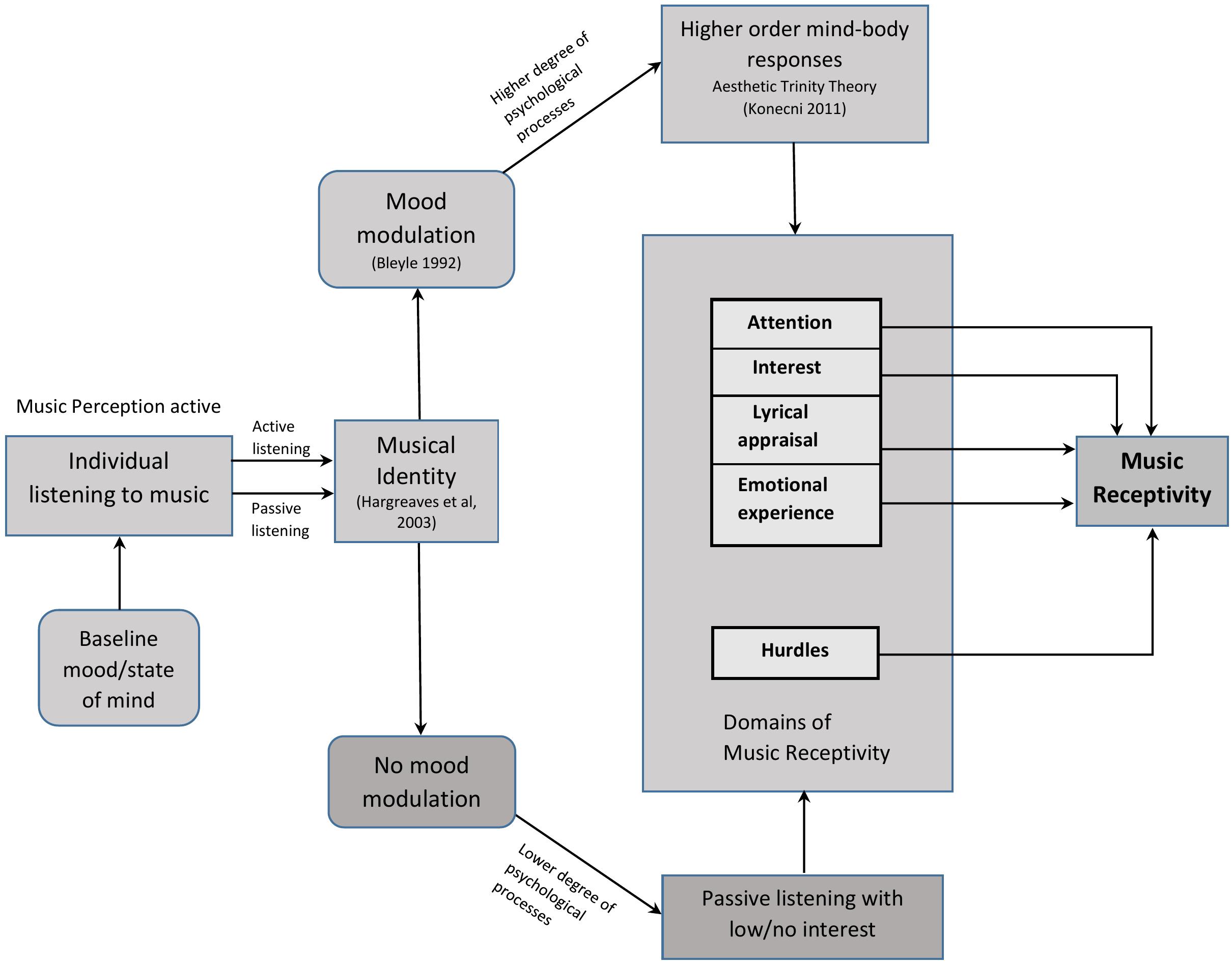
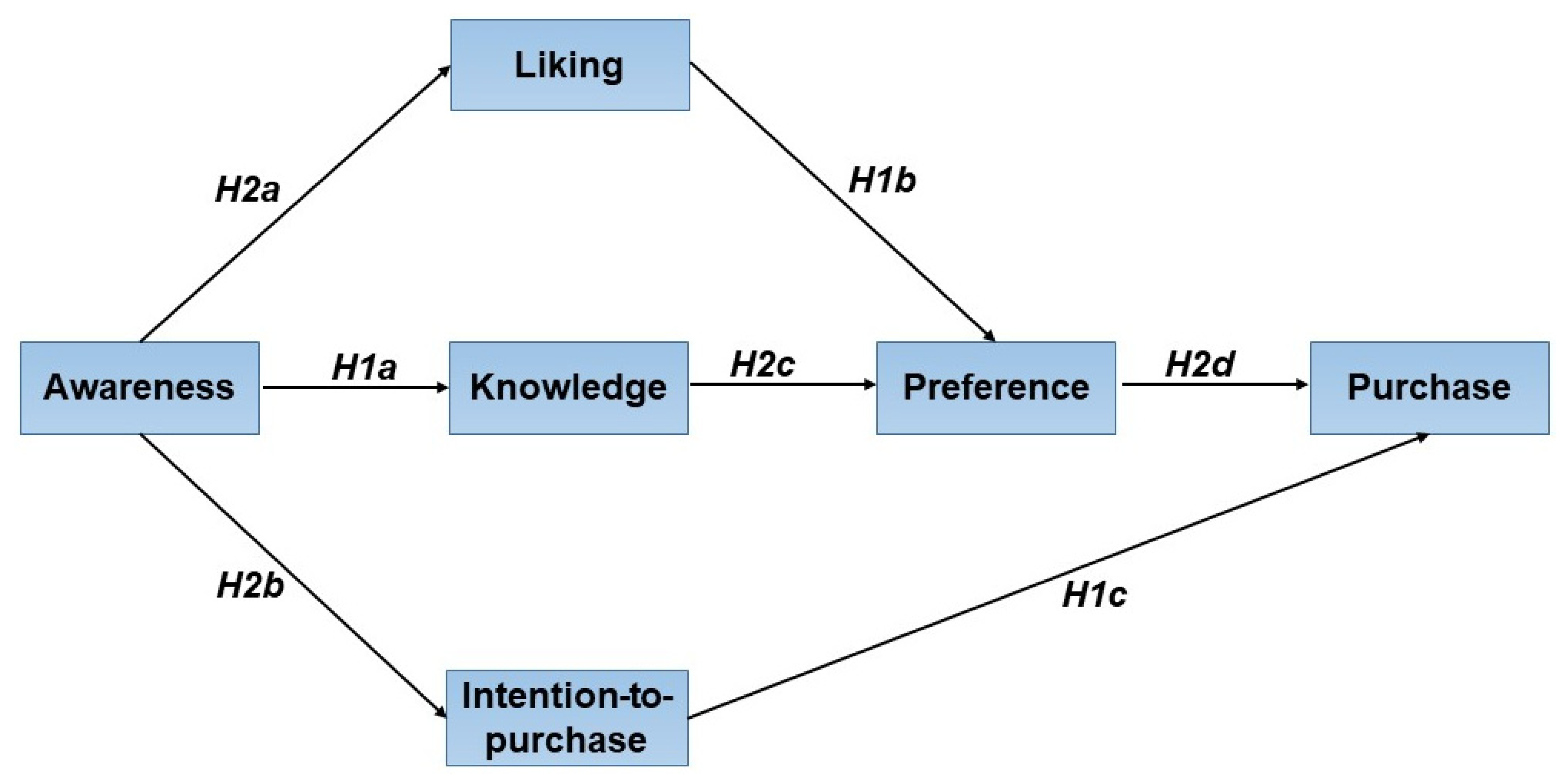


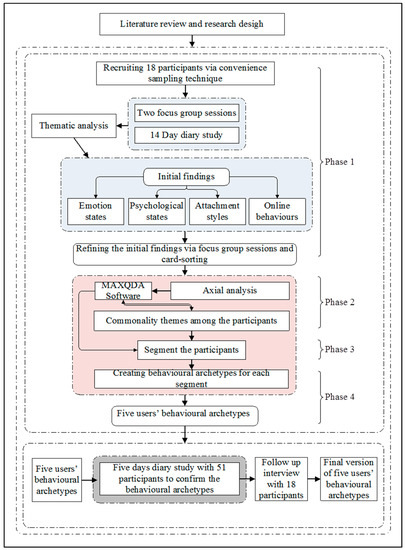
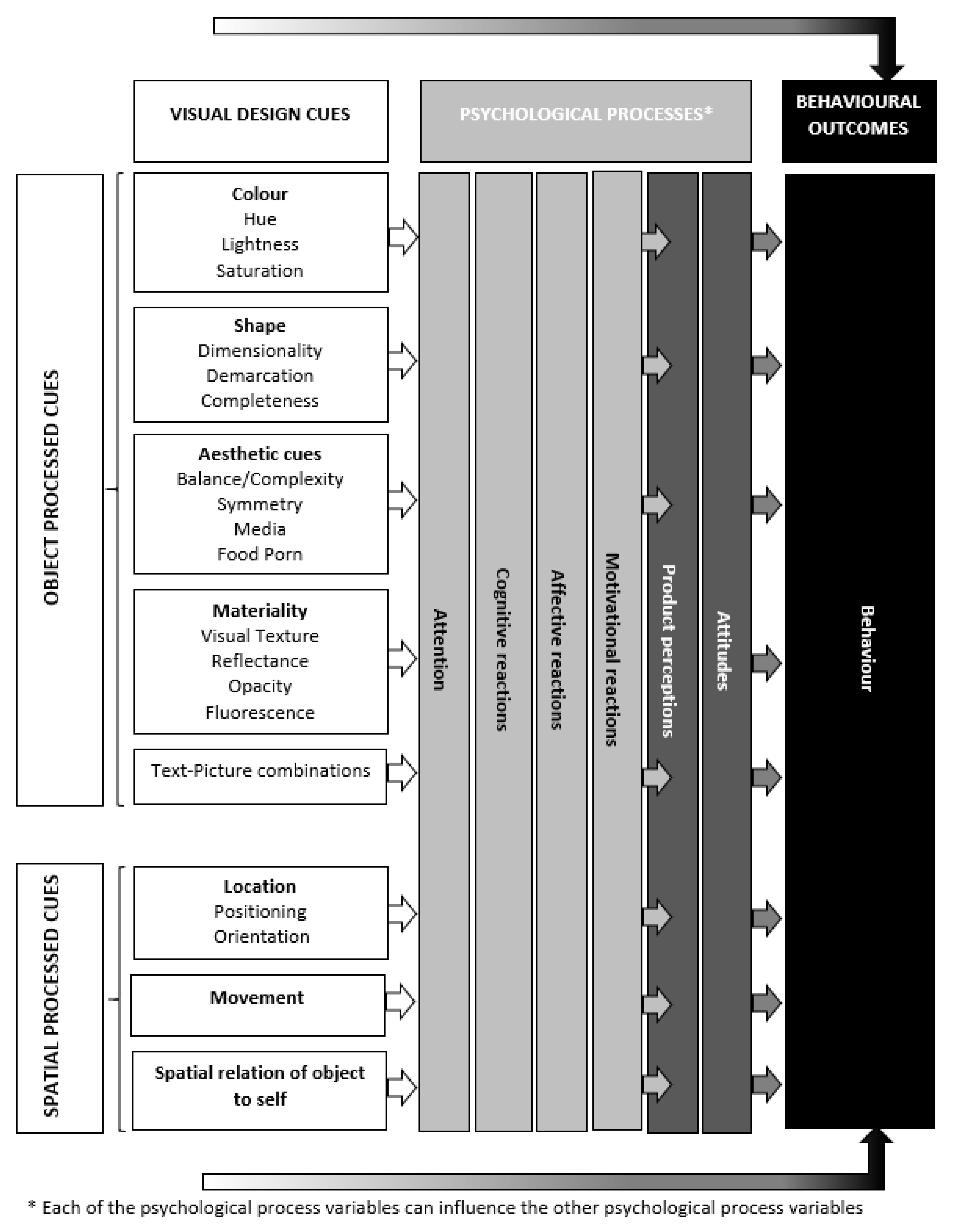



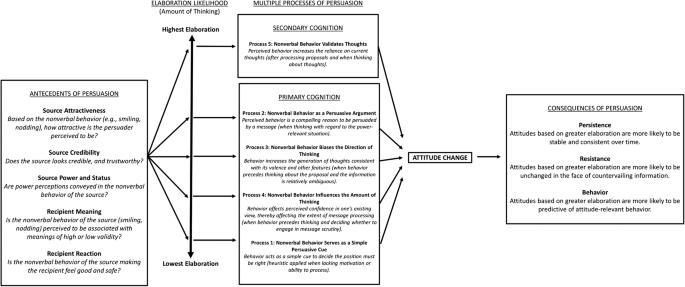
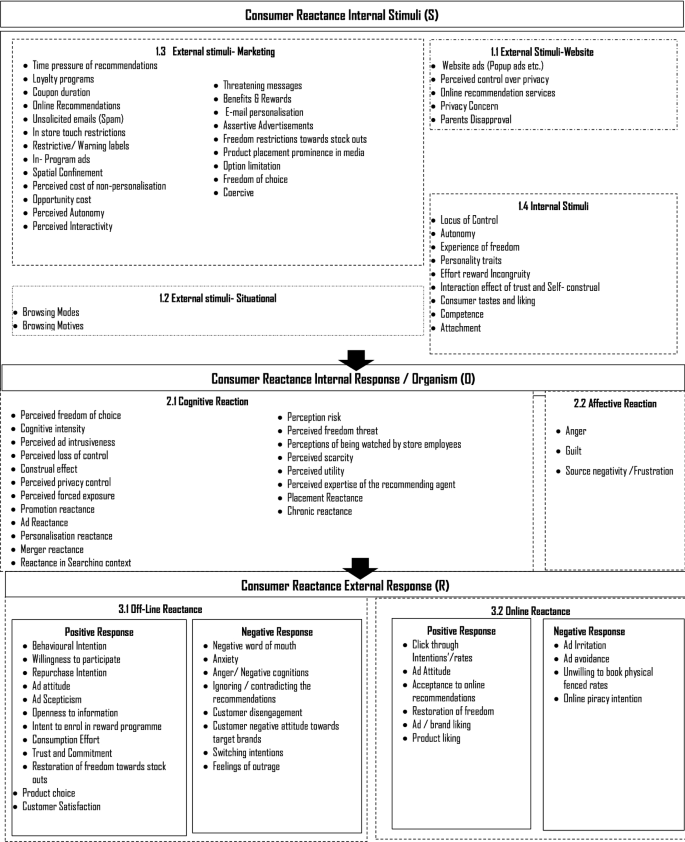

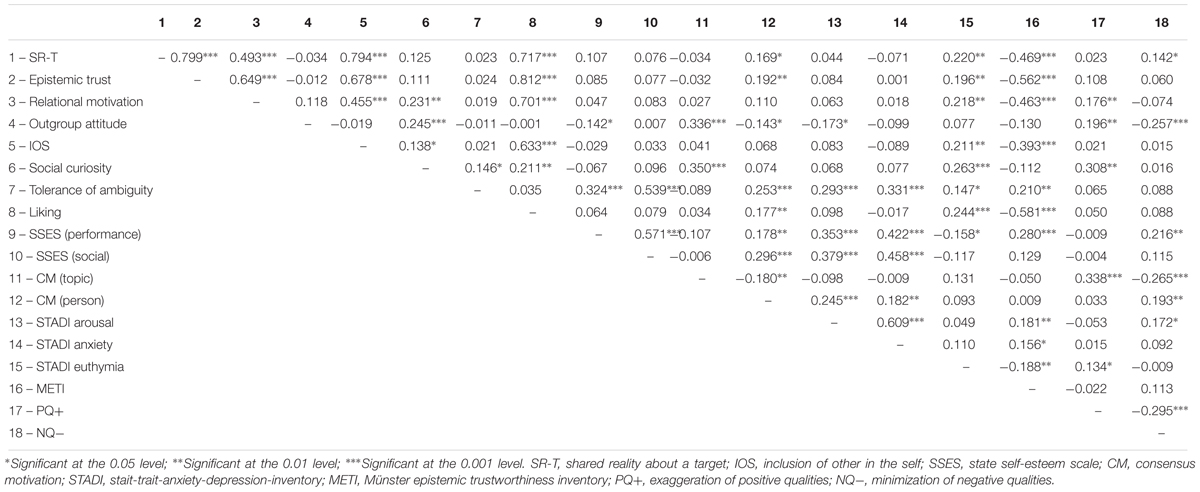
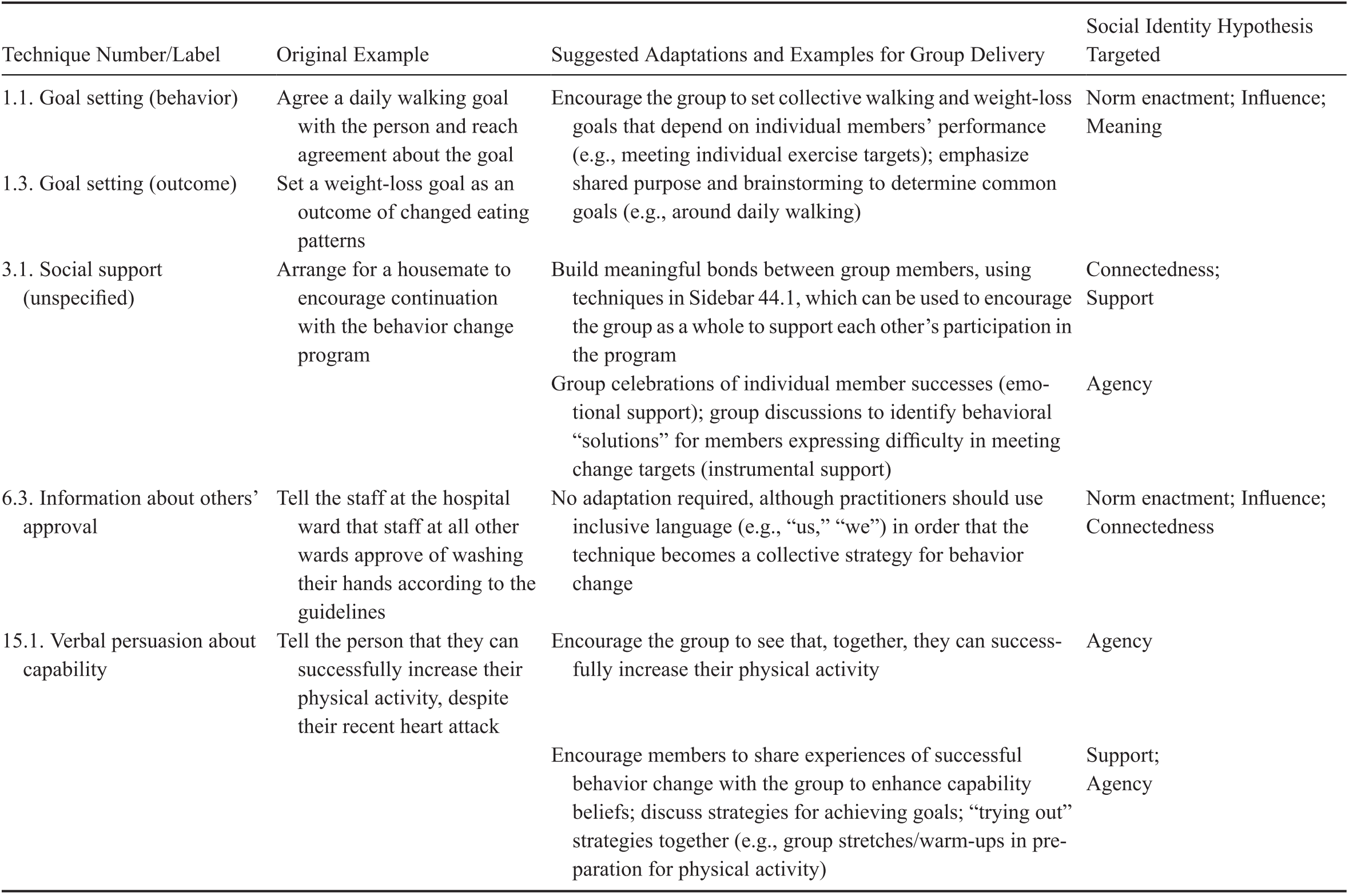


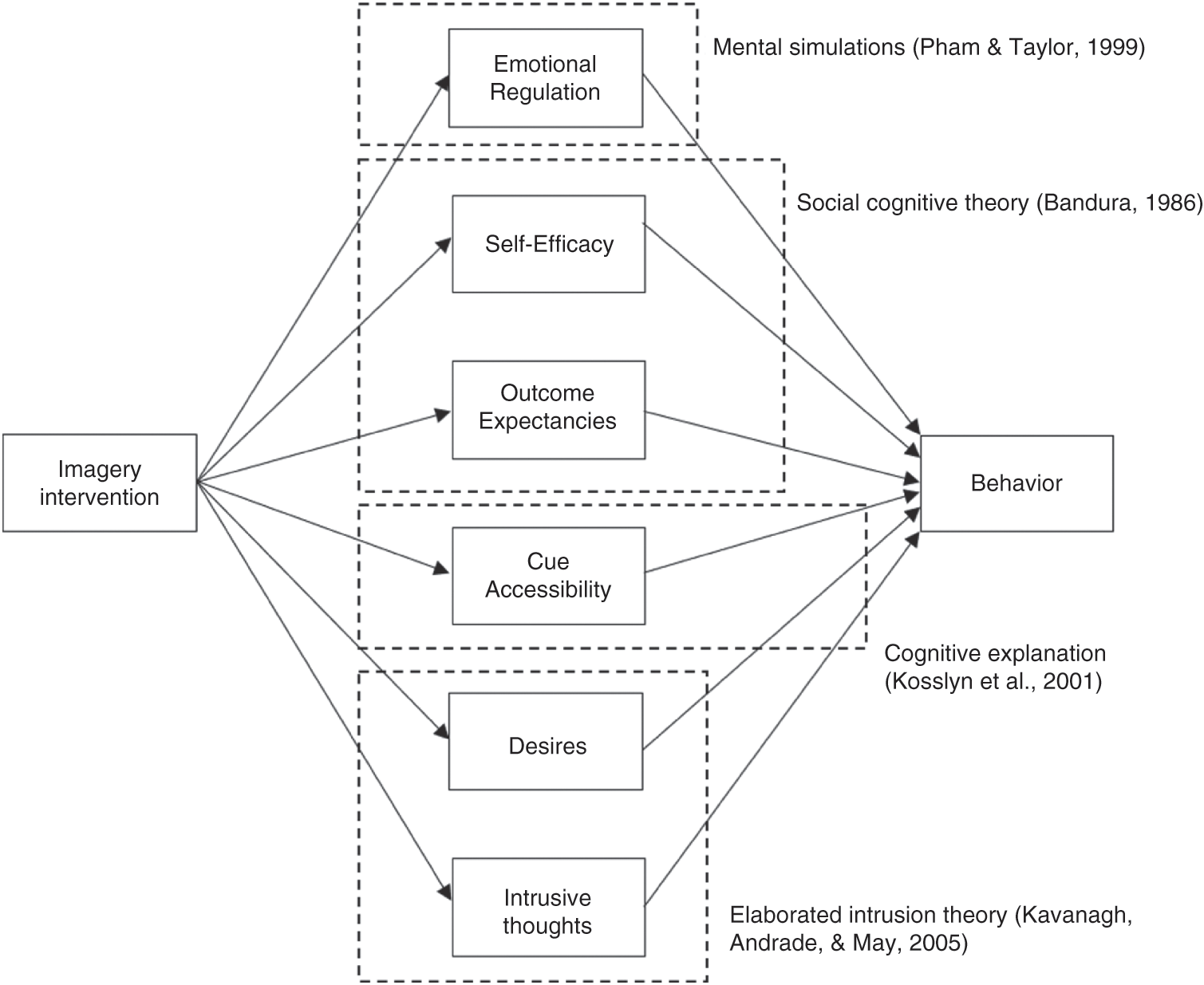
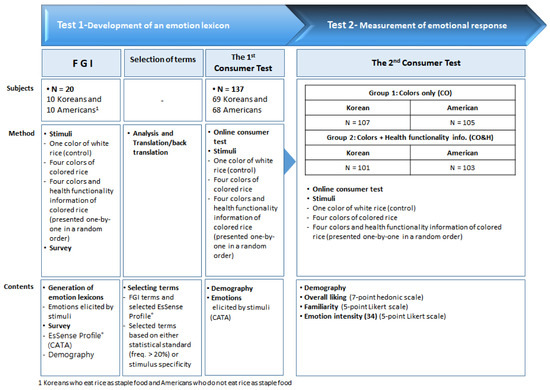



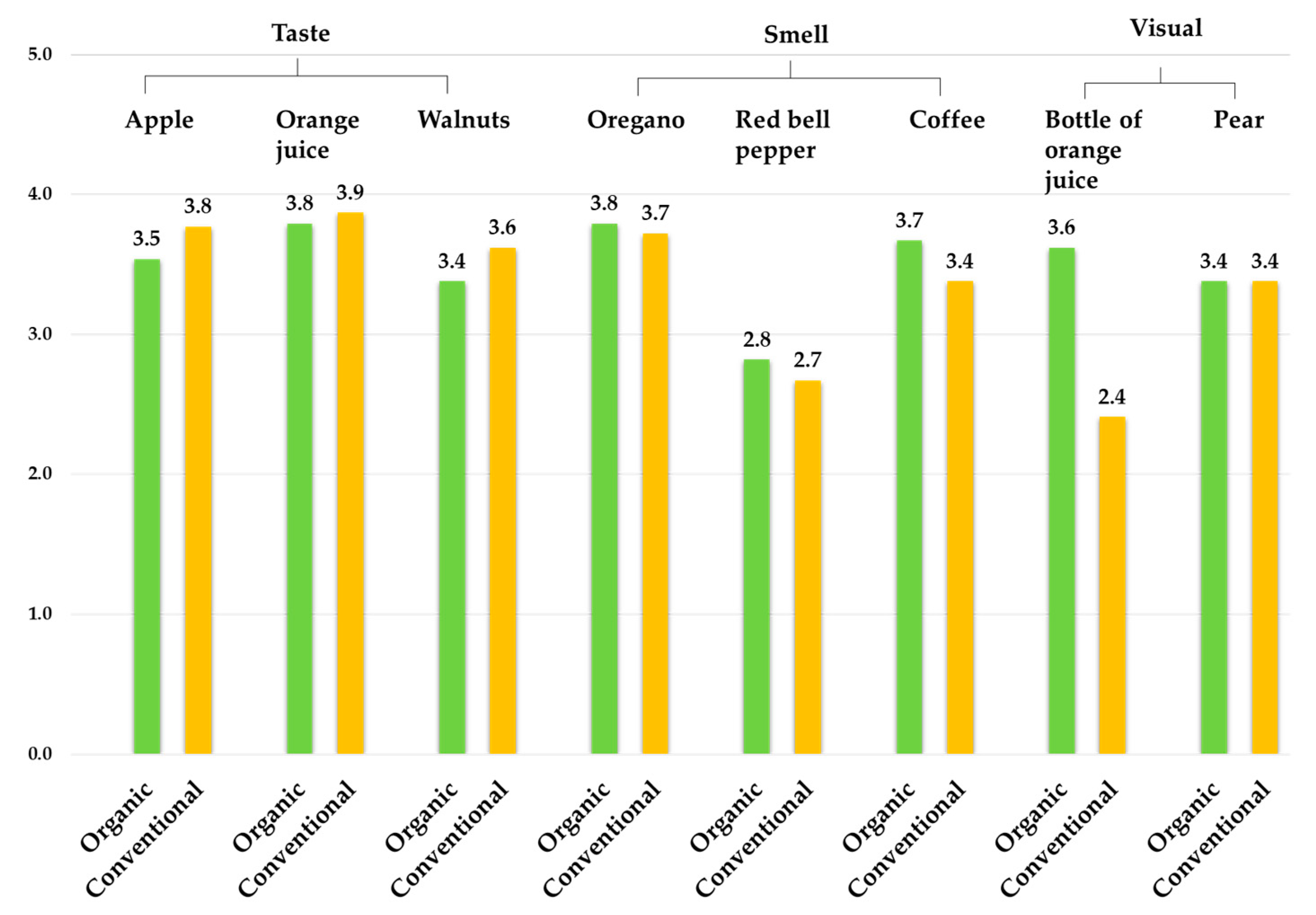
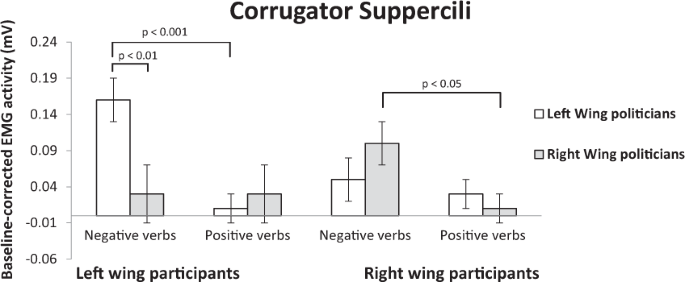
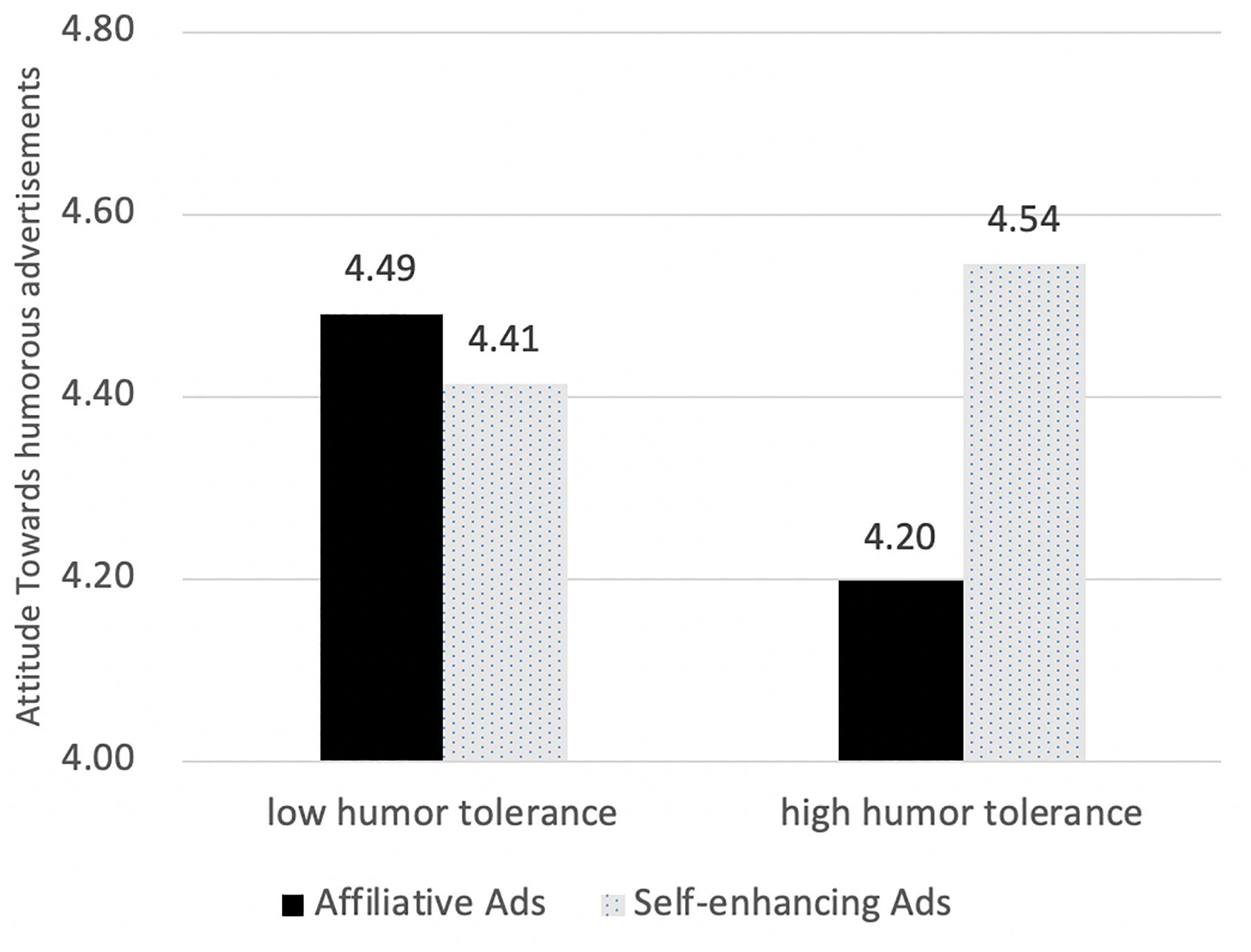



Post a Comment for "Liking Those Who Share And Validate Our Attitudes Is Best Explained In Terms Of"